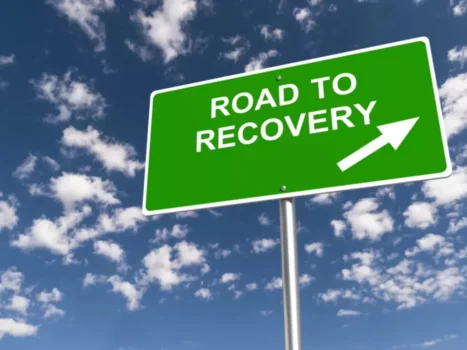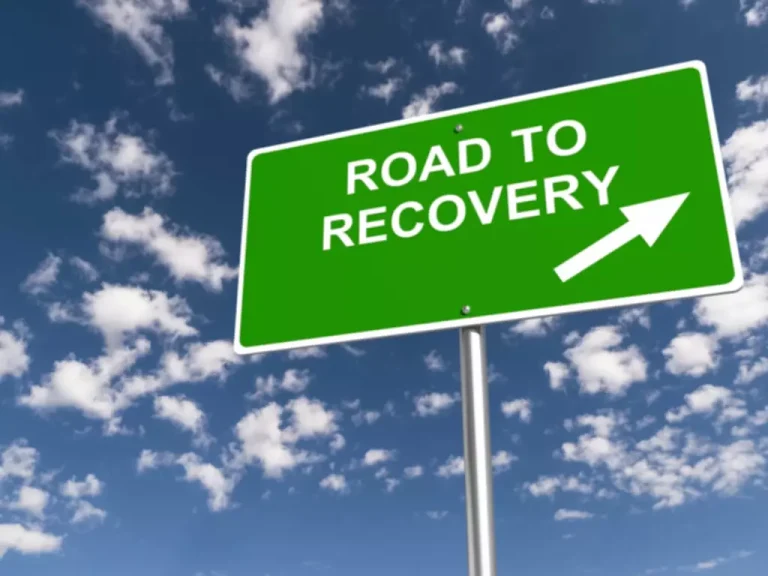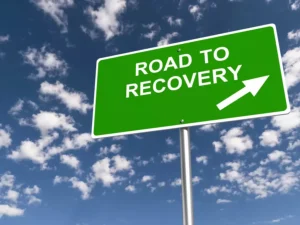Dopamine is involved in various cognitive functions, including motivation, attention, and motor control. Chronic alcohol use can disrupt this balance, potentially leading to a range of cognitive and behavioral issues. Therefore, strategies that promote healthy dopamine function, such as engaging in rewarding activities, maintaining a balanced diet, and getting regular exercise, can contribute to overall brain health and potentially reduce the risk of substance use disorders. It’s important to note that dopamine levels can recover after quitting alcohol, but this process can take time and may require professional support.
- This same pathway has been linked to some of the brain reinforcement mechanisms that keep those with alcohol use disorder coming back for more – which means it might be possible to develop treatments that break these damaging loops in behavior.
- Recent studies also have evaluated the numbers and properties of different serotonin receptors in P and NP rats.
- For example, we know that GABAergic transmission in striatum is altered in a similar fashion after chronic alcohol exposure in mice and monkeys, and similar effects on dopamine release are observed in some strains of mice and monkeys.
- For example, in some neurons serotonin alters the rate at which the cells produce the electrical signals (i.e., action potentials) used for relaying information within the cells, whereas in other neurons it modulates the release of other neurotransmitters.
- Thus, the term encompasses the clinical diagnoses of alcohol abuse and alcohol dependence as defined by the American Psychiatric Association.
- In addition, this study only included males due to sex differences in the dopamine system 118, 119.
The Impact of Alcohol on The Brain – Neurobiology of Dependence and Alcohol Related Brain Damage
Benzodiazepines increase VTA dopamine neuron firing and induce LTP in glutamatergic inputs to VTA dopamine neurons through positive modulation of local GABAA receptors 154,155,156,157. At experimenter-selected doses they elevate dopamine levels 158,159,160,161 and it has been suggested that they are addictive for this reason 24. The burst-firing in response to predictors of rewards or punishers develops with age, as the animal learns about the environment. The burst-responses should not really be seen as travelling from the unconditioned rewards and punishers to their predictors; rather, the process of burst-firing develops anew in response to predictors that involve a Hebbian mechanism 42, 43.
Does Alcohol Release Dopamine
Serotonin (5-HT) can bind to receptors that activate proteins within the cell called G proteins. Activation Substance abuse of these proteins, in turn, affects ion channels in the cell membrane and induces the formation of signaling molecules (i.e., second-messenger molecules). Second messengers also can act on ion channels or travel to the nucleus to alter gene expression. Other serotonin-activated receptors (i.e., the 5-HT3 receptors) double as ion channels.
Making Healthy Choices
- Being milder in its 1st time effects when compared with other drugs such as nicotine, people falsely believe that there is very little chance of getting addicted to alcohol.
- In animal experiments, however, chronic exposure periods can last several months, and humans often will drink continuously for months or years at a time.
- The Food and Drug Administration (FDA) approves prescription drugs such as Invega Hafyera to treat certain conditions.
- Dopamine levels plummet as alcohol’s effects wear off, frequently falling below normal levels.
This score was log transformed to provide a Gaussian distribution suitable for parametric statistics. The Carolina Alcohol Use Patterns Questionnaire (CAUPQ 61) was used to estimate a total number of adolescent (0–21 years) binge episodes (see Supplementary Materials) and quarter-root transformed before statistical analysis. That caffeine works similarly to an existing drug backs up the thinking that we’ve got another potential treatment for alcohol addiction here – though there’s still a long way to go from these lab tests to getting a drug developed.
Consequently, alcohol’s effects on serotonin may alter the activity of does alcohol increase dopamine levels GABAergic neurons in the hippocampal formation. These changes may disrupt cognition and possibly contribute to alcohol-induced memory loss and impaired judgment. To be honest, while drinking increases a person’s dopamine levels at first, excessive and frequent binge drinking might cause the brain to adapt to the dopamine overflow. Alcohol initially causes the motivating chemical dopamine to be released by the brain’s reward system. Systematic chronic drinking, on the other hand, depletes the quantity of dopamine in your brain over time, leading to a need for more alcohol and building the framework for alcohol addiction or dependency.




